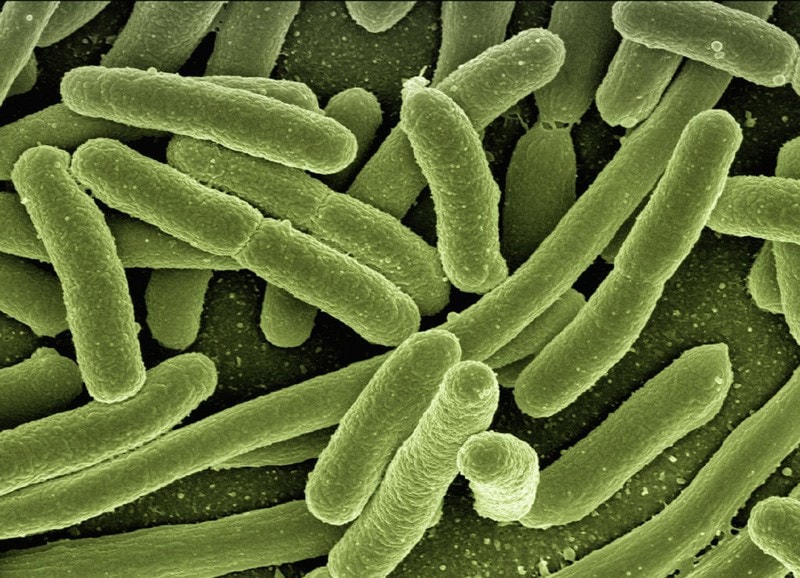Diet Impacts Gut Bacteria Activity
At a time of year when our thoughts turn to making changes to our diet, intriguing recent research has revealed that the foods we eat can have a significant impact on our gut bacteria.
The ground-breaking study aimed to determine whether changes in dietary patterns can alter our gut microbiome. We already know that long-term dietary patterns can influence the structure and activity of the trillions of bacteria living within the human gut, however it was previously unclear how quickly gut flora responded to dietary changes. This study discovered that even short-term changes in the diet can not only affect the composition of gut bacteria, but this change can take place within a very short space of time, sometimes within less than a day.

The study, led by Lawrence David at Harvard University, involved nine volunteers who each followed an extreme diet for 5 days with a washout period between them. The diets were either animal-based, focusing on meat and cheese, or fibre-based, which focused on plant foods such as rice, granola, lentils, fruit and vegetables. The Harvard researchers then analysed the composition of the volunteers' gut bacteria before, during and after each diet. Although the animal-based diet was perhaps a "little extreme" compared to most Western diets, the plant-based diet is one more typically found in developing countries today.
The results were fascinating, as David states, "the relative abundance of various bacteria species looked like it shifted within a day after the food hit the gut". After 3 days of following the two different diets, not only had the composition of the microbiota changed, but interestingly also the behaviours of the gut bacteria.
The team revealed that consuming an animal-based diet made up of meat and dairy foods increased the quantity of bile-tolerant species, such as the Bacteroides, and decreased levels of Firmicutes that metabolise dietary plant polysaccharides. He explained, "here we show the short-term consumption of diets composed entirely of animal or plant products alters microbial community structure and overwhelms inter-individual differences in microbial gene expression". An increase in both the quantity and activity of bile tolerant species such as Bilophila wadsworthia in those following the animal-based diet supports a link between increased dietary fat, types of bile acids and the outgrowth of bad bacteria potentially capable of triggering inflammatory bowel disease. Fecal bile acid profiles can also change among those on the animal-based diet, indicating increased enteric deoxycholic concentrations (a secondary bile acid metabolised by intestinal bacteria), which have been associated with both IBD and liver cancer. Dietary needs can be very individual, and we would always suggest trying to maintaining a balance in following either animal or plant based diet. We would recommend seeking professional advice if you are planning to make significant dietary changes.
It is key to examine individual strains of any given bacteria species in terms of their different properties and potential health benefits, as opposed to simply looking at probiotics at the species level. You can read more about the importance of strain-specific research here.

Perhaps the most significant outcome from the study, the researchers suggest that the rapid changes in the gut bacteria due to different foods could be used to control illnesses associated with the microbiota. As discovered in this study, bile-tolerant species were found in those following the animal-based diet, and these species of bacteria have been associated with an increased risk of IBD and liver cancer. The increased fibre intake from the plant-based diet and associated bacteria species thriving in this enviroment may be associated with reducing the risk of bowel cancer. This is an exciting development, and further supports the famous rhetoric of 'you are what you eat' as well as the the importance of focusing on what you eat and the impact it can have on overall health and wellbeing.
We have previously written about the impact that diet can have on your gut bacteria
You may also wish to read these related articles:
Western diet linked to less diverse gut bacteria
Probiotics & trimethylaminuria
References
- David L, Maurice C, Carmody R, Gootenberg D et al. 2013. Diet rapidly and reproducibly alters the human gut microbiome. Nature. 11 December 2013.
- www.npr.org
Popular Articles
View all General Health articles-
General Health22 Sep 2023
-
General Health26 Nov 2025
-
General Health31 Oct 2023


